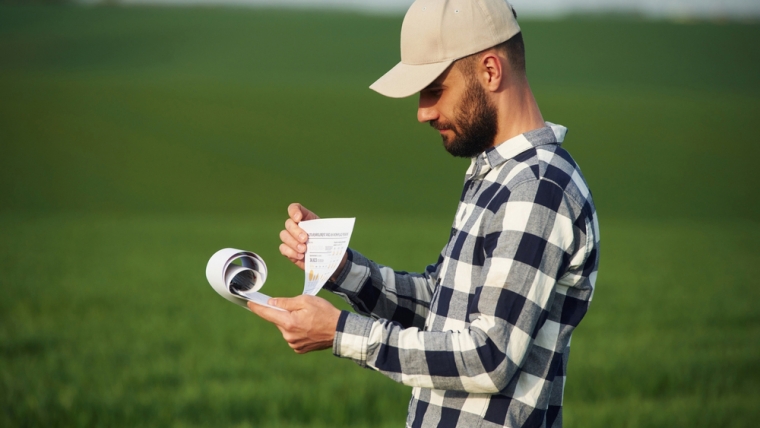
Anybody in the rural sector who was expecting something from the 2023/24 budget will have come away disappointed. Apart from the billion-dollar contribution to assist with the recovery from Cyclone Gabrielle, which can’t be overlooked but was already announced, agriculture was largely notable by its absence. However, that is not to say that the sector will not be impacted by the broader themes.
Spending $1.9 bln from the $3.6 bln Climate Emergency Response Fund, which can only be spent on emissions reductions, and - as of late last year - adaptation measures, will surely spill over into mitigations and adaptions around rivers flooding and impacts from erosion. The additional $167.4 million in building resilience to future climate events is also likely to bolster this Fund. The government’s response to the review of the impact of forestry slash and debris is still too soon to expect although for those affected some sort of time frame as to when a response could be expected would be welcomed.
Much of all of the above will no doubt also come out of the “Infrastructure Action Plan” and any concerted plan which can provide for a better transport system, health system, communications and other areas impacting upon communities and the wider environment must be welcomed.
The only specific mention regarding agriculture seems to be the share of the $75 mln funding for Industry Transformation Plans, included for Horticulture, Digital and Tourism. This possibly is in response to the past reports from the Productivity Commission which has been highlighting where New Zealand is falling behind.
Given this fund is shared between three sectors and when compared to the $160 mln to give video game developers a 20% rebate, aiming to help keep this growing industry in New Zealand with similar rates seen overseas, it does seem a little like an afterthought.
However, for those that have young families and school aged children additional funding in early education and public transport will make a difference. Given the additional financial constraints the Government finances are under, and mostly from areas not of their making, although those of a different political bent will argue otherwise, the budget appears at a glance to walk the line between keeping the constituency appeased and not leaving to many gaps for the opposition to exploit.
With National hot on Labours spending record, they are placed in the trickier position of not being able to make too many additional spending pledges and being seen as scrooges if they cut some of today’s pledges. National already have said they would rescind the removal of the $5 prescription fee. This is despite health experts saying that the benefit of removing the fee far outweighs any savings. Some have said just the cost of administrating the $5 policy takes up a big slice of the potential additional costs of free drugs.
In the meantime, life goes on and yet another Global Dairy Trade auction has been had. The gains made at the last auction have been nibbled at with a small –0.9% drop overall. The news is not totally bad with WMP experiencing a small lift.
However, there does need to be some continued gains if the $10 per kg MS price forecasted by some of the bank analysts for next season eventuates.
Butter index up +2.2%, average price US$5,068/MT
Cheddar index down -3.4%, average price US$4,407/MT
SMP index down -1.6%, average price US$2,766/MT
WMP index up +0.3%, average price US$3,244/MT
Red meat on the other hand is having incremental gains on most grades and species although there appears to be still some upsides to come as the flow of animals starts to dry up. Given the generally healthy state of pasture stocks around much of the country - and so allowing farmers to carry stock on for longer - I am surprised prices haven’t risen more. The peak normally comes at late August so a while to go yet.
4 Comments
Not matter what the media and politicians tell us we are an agricultural country. Government seems to believe we are a urban society and dumps money into urban settings.
Farmers in the upper north are more worried about mud ,than cold , apparently , so are destocking more than you would expect given the temperatures.
Figures suggest everywhere is double the average over the last 12 months minimum.
I'm currently sitting in sunshine on the West coast. It's been nothing but sun everytime I've been here the last 10 years.
Thought about shifting here 30yrs ago and probably could say I regret not doing it.
No votes to be bought there

We welcome your comments below. If you are not already registered, please register to comment
Remember we welcome robust, respectful and insightful debate. We don't welcome abusive or defamatory comments and will de-register those repeatedly making such comments. Our current comment policy is here.